Resistant Building Products Ltd v National House Builders’ Council
Citation: [2020] NICh 6
This case concerned an attempt by a disgruntled materials manufacturer of magnesium oxide (MgO) boards to bring an interim injunction using the tort of malicious falsehood to restrain NHBC from refusing to cover new-build homes which incorporated the Plaintiff’s MgO boards.
The Plaintiff is a manufacturer of MgO boards, a building material used for a covering or sheathing purpose for walls and ceilings. NHBC is a non-profit making company limited by guarantee, its main function being the issuing of 10 year warranties and guarantees covering newly constructed dwellings in the UK.
Due to certain apparent building failures in Denmark, concerns developed in the house-building industry concerning the use of MgO boards in construction. On 6 December 2018, NHBC decided that as of 1 January 2019, such boards must hold independent third party certification which included specific reference to compliance with NHBC standards. Only two boards were currently accepted by NHBC, because they were certified by the British Board of Agrement (BBA), including that of the Plaintiff. NHBC maintained this decision was a provisional one, but in the meantime the Plaintiff, RBP, had very good business as a near monopoly provider.
During 2019, two UK related problems came to the attention of NHBC and site visits were conducted. By October 2019 NHBC had decided it no longer wished to take the insurance risk associated with the use of any MgO boards at all. On 25 October 2019, NHBC wrote to the BBA communicating NHBC’s decision to remove from BBA’s certificates the note identifying NHBC’s acceptance of RPB’s boards and explaining the reasons for this. On 5 November 2019, NHBC wrote to RPB attaching draft new guidance, to the effect of precluding the use in construction of MgO boards, which NHBC intended to publish on their website.
This proposed guidance and some subsequent correspondence is what RPB contended constituted a malicious falsehood, its argument being that the only inference or innuendo that can reasonably be drawn from it is that RPB’s boards are unfit for purpose in the building trade.
The Plaintiff therefore issued a Writ of Summons against NHBC seeking an interim injunction pending the trial of that action restraining NHBC from using, publishing, communicating, or disclosing to any other person any information relating to RPB’s magnesium oxide boards which suggested or tended to suggest that accreditation had been withdrawn, and any guidance relating to those boards which suggested to suggest that accreditation has been withdrawn.
In his decision, the Recorder of Belfast, HHJ McFarland sitting as High Court Judge, reviewed the case-law in this unusual area of law, identifying that to grant an interim injunction for this tort (which has analogies with defamation) the test was an extremely high one: the court has to be satisfied that no tribunal of fact (be it judge or jury) could reasonably conclude that the statements, or any of the innuendos reasonably drawn from the statements, were and are true.
He was not of such a view: there was clearly a problem with MgO boards in the industry; much would depend on the quality of a product and there was no approved standard for such quality; ongoing research indicated that there were no problems with RPB’s boards, but that research was not yet finished; the decision of whether or not to award a guarantee was a commercial one based on evidence; that evidence included the unfinished research, but also the actual performance of the product within a building.
The application for interim relief was therefore dismissed.
Samuel Townend acted for the successful Defendant.
JUDGMENT: Resistant Building Products Ltd v National House Building Council


